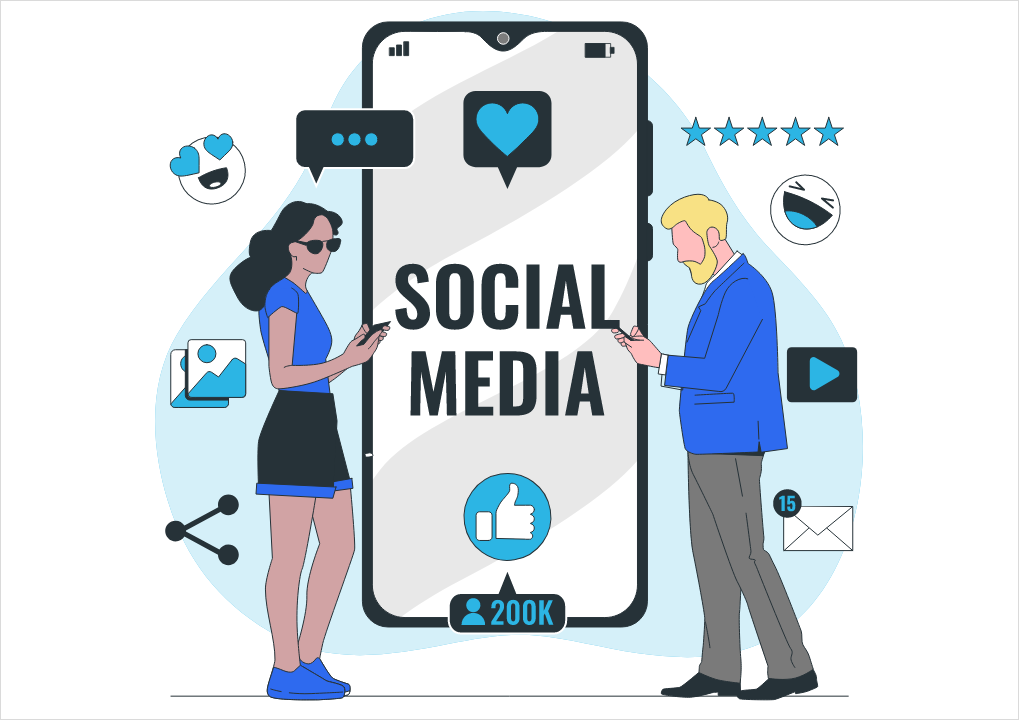As we all know by now, throwing Ad Campaigns it’s not as easy as it was 10 years ago, because our big tech giants have been implementing more and more policies related to what can be advertised, to whom and how, and what’s absolutely forbidden.
Beginning from Google Ads’ advancing in their content regulations, their prohibition for third-parties cookies, and even Facebook’s whole policies about political advertising, it is no surprise that we have to be more careful than ever when we decide to launch an Ad Campaign.
In addition, the regulations don’t apply just to the content you can advertise or not, it’s also important that you are aware of the ad targeting you can and can’t choose. For example, you are not allowed to advertise by race, or you can’t target certain products for certain groups of people (mostly defined by ethics and, you know, what’s legal and what’s not). And, even if reading Facebook Ads policies might help, you usually could also apply your common sense to the scenario, right? For example, and just to make a guess, I don’t think you are able to target Ads about guns to people with criminal records just like that. At least, it would raise a little yellow flag, wouldn’t it? However, according to this article, things apparently are not as black and white as we thought they’d be.
Have you ever heard of Reset Australia? If you haven’t, let me introduce you. Reset Australia is a global initiative that works to counter digital threats to democracy. Their main goal is to reset the rules and standards of technology, in order to guarantee that we are using them to strengthen our democracies and improve our lives.
So Reset Australia decided to run a project that was meant to test if Facebook treated teenager’s data as they treated the one they collected from their adult users. Basically, they wanted to know if the data collected through cookies used to target advertising campaigns followed controlled paths, taking into consideration age differences or if all of it just went to the same place and you could just manage your placements as it suited you. And what they found out was dangerously unexpected.
Reset Australia’s project was based on creating Ad Campaigns about gambling, smoking, alcohol, and dating sites, and then buy access to teenagers’ profiles and aim these ads at them. So now a 15-year-old can get an Ad promoting cocktails and how cool kids drink them because Facebook said “yes” to it. As a side note, just one Ad was not approved: one about regular cigarettes, but they gave a green light to electronic ones, just as the gambling, alcohol, and dating sites ones.
What this experiment shows is that no matter what Facebook says about their “age restriction tools”, teenagers are probably the group that is exposed the most to social media AND that’s more vulnerable to everything that takes place in there, aren’t they? So shouldn’t Facebook care a bit more about their privacy? Reset Australia, facing that situation, made a huge point of requiring the governments to be more strict in order to protect their children, their privacy, and their integrities.
So my point here is: How alarming is it that Facebook is literally selling these kids’ information, in order to ensure accuracy and profit to any publisher? And that’s leaving aside the fact that anyone can be a publisher, hence, anyone can buy access to private information in order to sell them their products, if it’s not for anything more dangerous than that. As I was saying at the beginning, Ad giants keep going on and on about how much they want to protect their users and their privacy, how ethical they are trying to be, and how much they care for the law, so how is it possible that they let this slip through their fingers? It’s definitely not a minor thing that high-school-aged children were targeted for things that aren’t even allowed until you are over 18 or 21.
When you are a teenager, one of the top priorities is to fit in, to be cool. So if you get all these Ads saying that cool kids gamble, then your friends get Ads saying cool kids smoke (electronic, of course), and their friends get Ads saying cool kids subscribe to Tinder, what are you going to do? Well, for starters, at least find out a bit more about gambling, smoking, and online dating. And it’s not a joke that teenagers are exposed to these topics, because if they let that through, then where do they draw the line at? Regular cigarettes and what else?
As PPC specialists, we spend our whole lives trying so hard for Google Ads to not shut down our accounts, we avoid topics, words, overthink every little thing, and then this happens. So is there really any certain science about these platforms’ policies? Is there a way to know if we really are on the good side or on their blacklists? Well, hopefully, they’ll grow to their standards and take action in order to guarantee all of what they promote.
So, to conclude, the bottom line here is pretty simple: There’s no black and white in the advertising industry, and common sense may not always be our best ally when it comes to figuring out what should we or shouldn’t publish, but I believe that cases like these show us that morality and laws have nothing to do with it. Facing that situation, the best we can do is remain updated, make sure our teenage sons and daughters are smart enough to ignore this kind of Ads and try our best to, as Reset Australia would say, use nowadays technology to really improve our life’s qualities.






